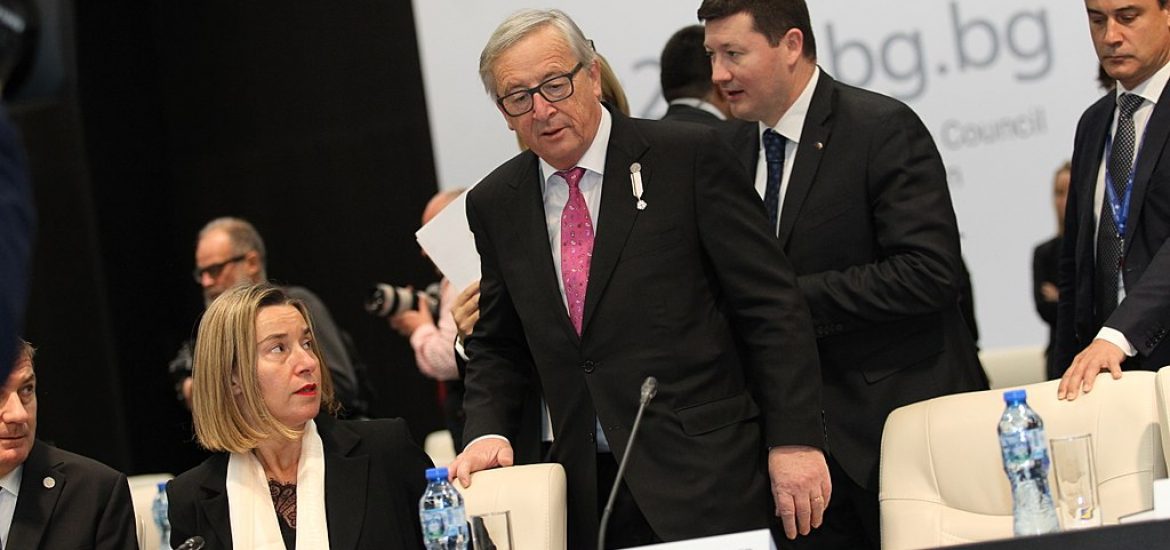
New eco-designs for televisions, fridges and other appliances, seen as crucial to European Union member states meeting climate targets, have been delayed, according to sources in Brussels.
The delays are also expected to deny consumers lower energy bills.
The design reforms were projected to have saved 62 million tonnes of carbon dioxide emissions, roughly equivalent to Sweden’s annual primary energy consumption.
But the delays mean the changes might now be addressed by the next European Commission, in which populist parties may be more influential.
Only five energy labelling measures are due to be approved by the November 2 deadline and unlikely to pass before the European Parliament is abandoned in March.
“The measures are delayed and we are worried,” an EU envoy said, according to the Guardian. “We know that some of the products won’t make it but we really hope that we will have nine or 10 of them.”
Chloé Fayole of the European Environmental Citizens Organisation for Standards (Ecos) said a two-year delay in adopting the latest package would cost consumers and employers €46 billion in energy bills.
Fayole added: “It’s extremely disappointing to see high-level EU officials sabotage Europe’s plans for climate action and waste reduction. Taken behind closed doors, this decision will result in huge losses for consumers and the environment. This is surely not the right strategy ahead of the European elections.”
Eco-design and energy-labelling improvements made up around 25 per cent of the EU’s projected carbon dioxide emissions cuts until 2020 and half the energy savings.
The new measures were expected to save about 5 per cent of the bloc’s annual electricity consumption by 2030, and introduce requirements to increase recycling and the ease with which goods can be repaired.
Brussels was hammered by British tabloid campaigns against eco-design proposals, burying proposals to reform hairdryers and vending machines in 2016.
The office of Martin Selmayr (pictured), the European Commission’s secretary general, was blamed for the delay.
Selmayr denied the allegations, telling the media: “All decisions are on the way, as scheduled by the responsible commission services in the commission’s Decide system and as validated by the first vice-president and the president’s cabinet.”
It was also reported this week that the commission had abandoned plans to ramp up 40-per-cent emissions reduction goal for 2030 to 45 per cent, according to the German media. The executive branch said a formal increase was never under consideration.
The power behind the throne? Martin Selmayr behind Jean-Claude Juncker, president of the European Commission. Picture credit: Wikimedia





